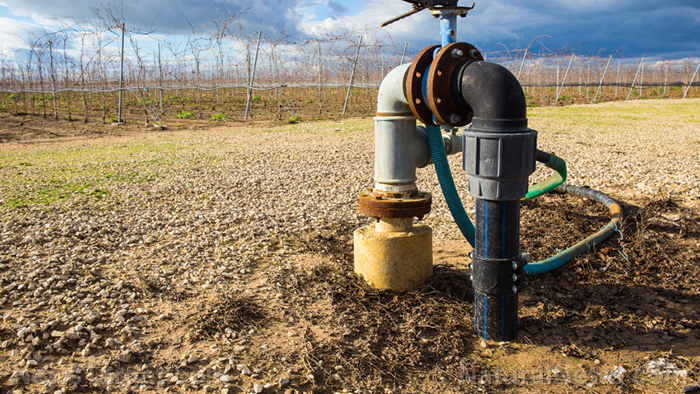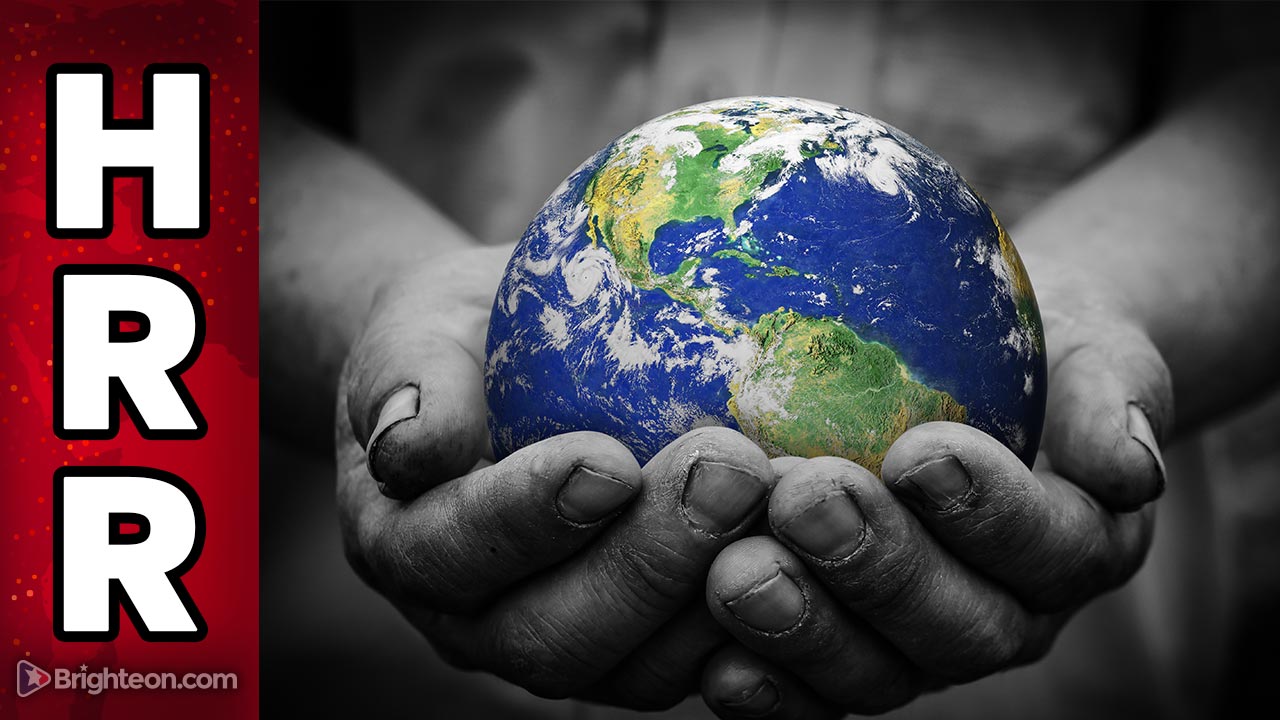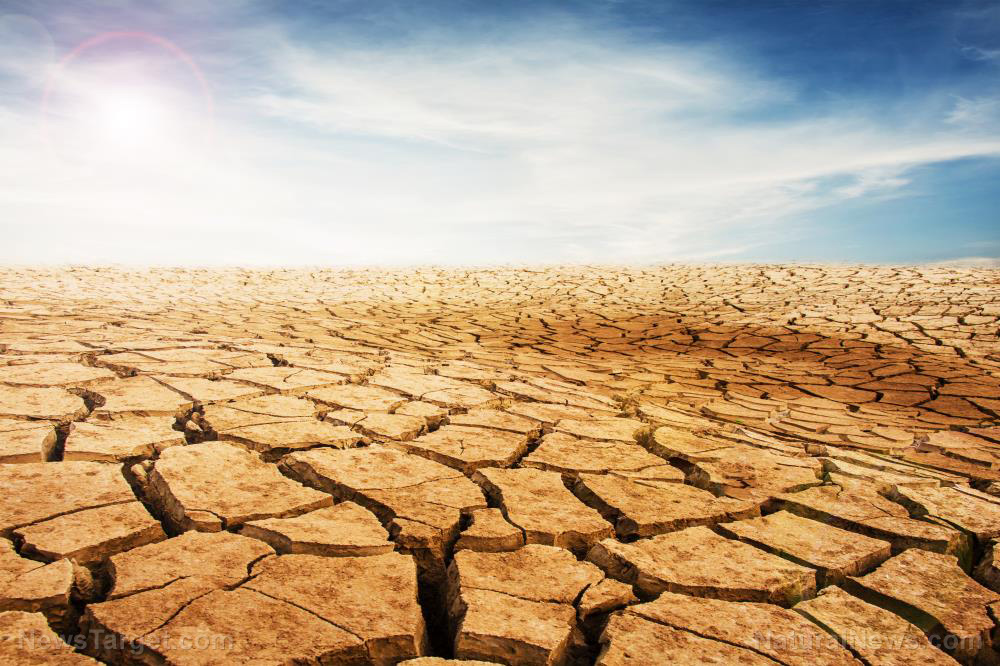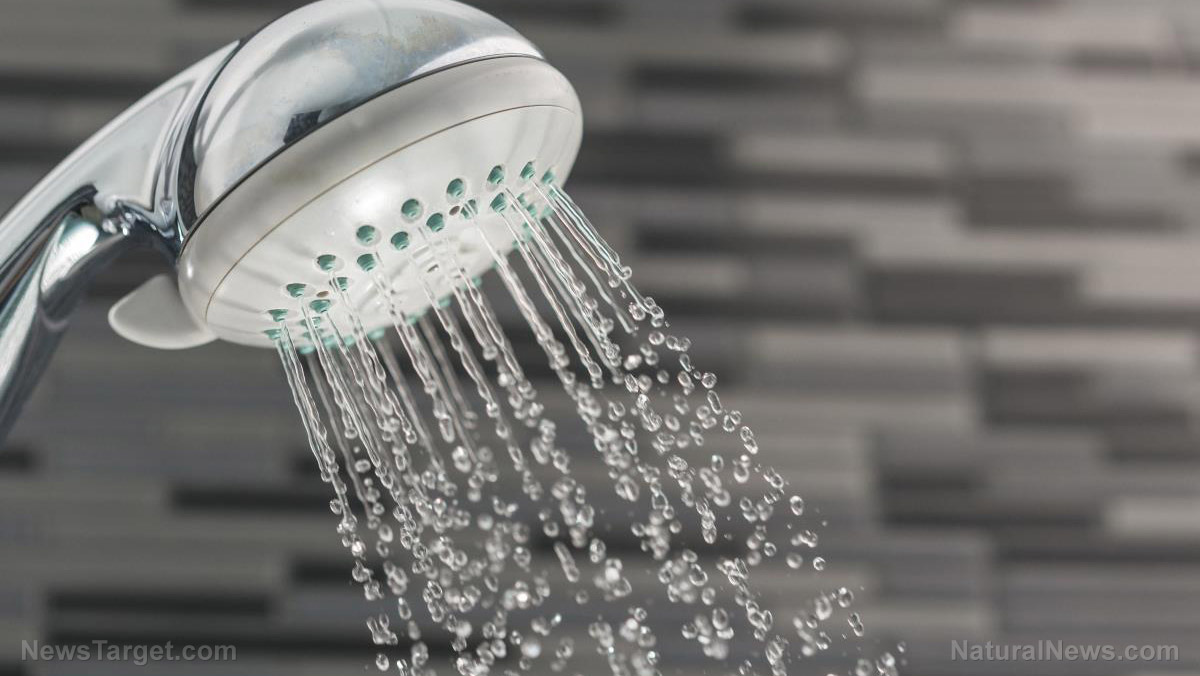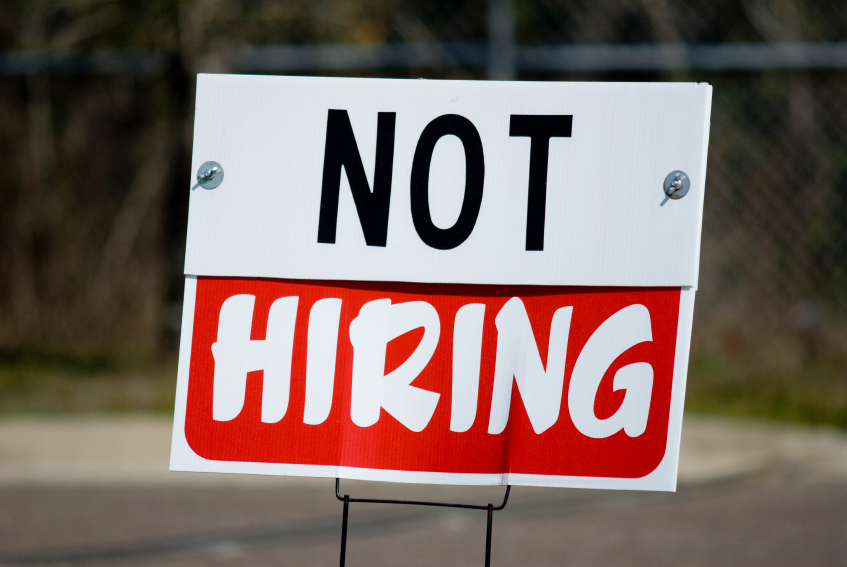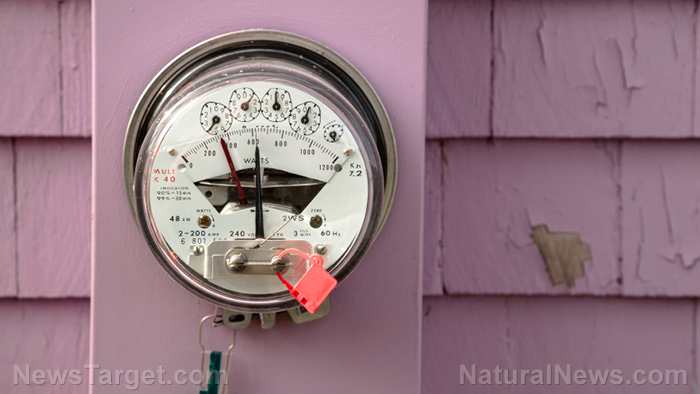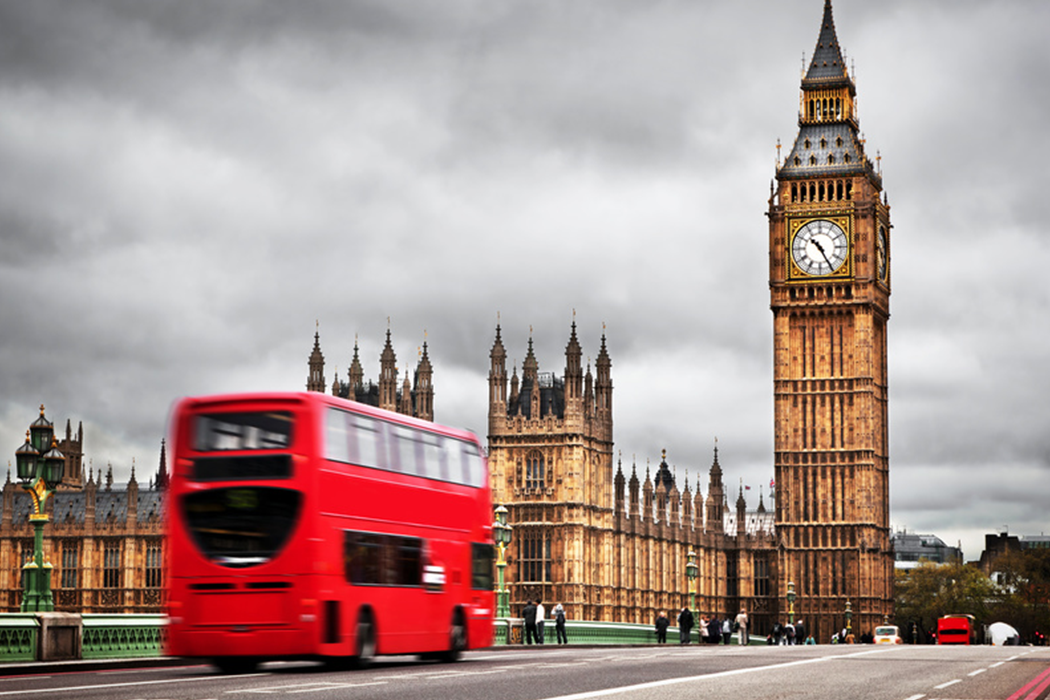Boil water advisory for 130,000 Detroit residents extended to Sept. 3
08/18/2022 / By Cassie B.
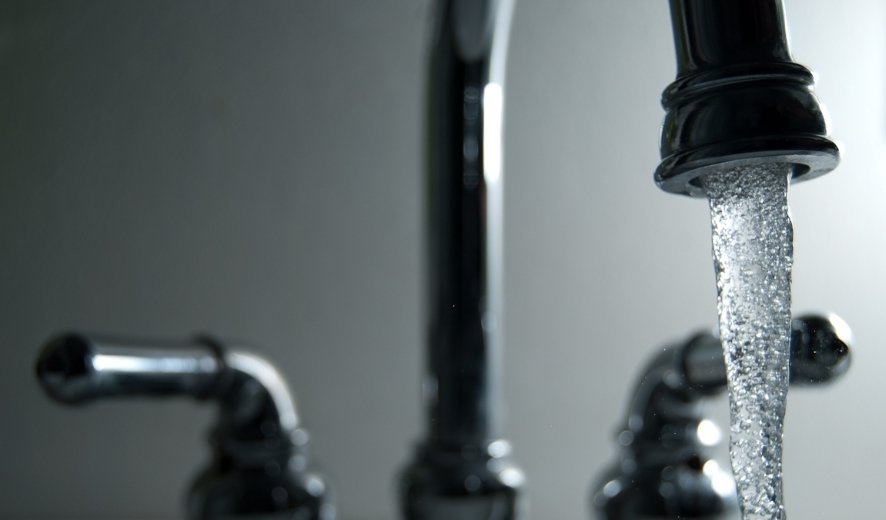
More than 130,000 residents of the Detroit metropolitan area are expected to remain without fresh water until at least early September thanks to a boil water advisory that has been in place since Saturday morning.
The ordeal began when a water main broke at the Lake Huron Water Treatment Facility, prompting Michigan Governor Gretchen Whitmer to declare a state of emergency for four counties.
When the water main break first occurred, around 935,000 residents were affected, but the number has since been reduced. Now, a total of seven communities in the Detroit metro area have been instructed to continue to boil their water prior to drinking it. These include Washington Township, Burtchville Township, Bruce Township, Almont, Imlay City, Shelby Township and Rochester.
During the advisory, those who wish to use water must boil it for at least a minute and then allow it to cool prior to use. The warning applies to water used for drinking, brushing teeth, preparing food, washing dishes and making ice given the risk of bacterial contamination due to the loss of pressure in the area’s water system.
The situation is unlikely to be resolved soon, with the Great Lakes Water Authority estimating that repairs for the water main could take longer than two weeks. The original restoration plan included one week for repairs and another week for quality testing, which would have given residents safe drinking water by August 27. However, this has now been pushed back by another week, with the estimated date of the return of safe drinking water now listed as September 3.
A new section of the broken 120-inch pipe that distributes finished drinking water from the Great Lakes Water Authority’s Lake Huron Treatment facility to communities situated in the northern parts of its service area has already arrived. However, an inspection of the pipe revealed greater damage than initially believed, spurring the need for an additional 48 feet of pipe. The pipe has not been manufactured yet and is not expected to arrive until August 23.
Great Lakes Water Authority CEO Suzanne Coffey said: “I know that adding this week creates further burden on the residents and the businesses of the seven impacted communities. But I want you to know that we’re doing everything that we can, everything in our capabilities to expedite this repair and return the system to fall in normal levels of service.”
Bottled water becoming difficult to find in affected area
In the meantime, the state has started distributing bottled water to several affected communities. However, free water is becoming increasingly hard to come by in areas such as Rochester. Authorities are asking people to treat the free bottled water as an emergency distribution and leave the supplies for those who do not have the ability to sanitize their own water.
Residents have been instructed to keep the lid on the pot while they are boiling the water. The water authority has also explained how people can disinfect tap water with bleach, which they claim is safe for taking showers and baths as long as people do not swallow it. However, they maintain that the best water for drinking and brushing teeth is the bottled variety.
Unfortunately, many people living in the impacted areas report local grocery stores being completely sold out of bottled water. As a result, retailers who still have bottled water in stock are limiting the amount that people can purchase. Individuals in the affected areas are also being asked not to water their lawns.
Sources for this article include:
Submit a correction >>
Tagged Under:
aging infrastructure, big government, boil water advisory, clean water, collapse, detroit, tap water, water main break, water purification, water supply, Water Wars
This article may contain statements that reflect the opinion of the author
RECENT NEWS & ARTICLES
COPYRIGHT © 2022 Scarcity.news
All content posted on this site is protected under Free Speech. Scarcity.news is not responsible for content written by contributing authors. The information on this site is provided for educational and entertainment purposes only. It is not intended as a substitute for professional advice of any kind. Scarcity.news assumes no responsibility for the use or misuse of this material. All trademarks, registered trademarks and service marks mentioned on this site are the property of their respective owners.

